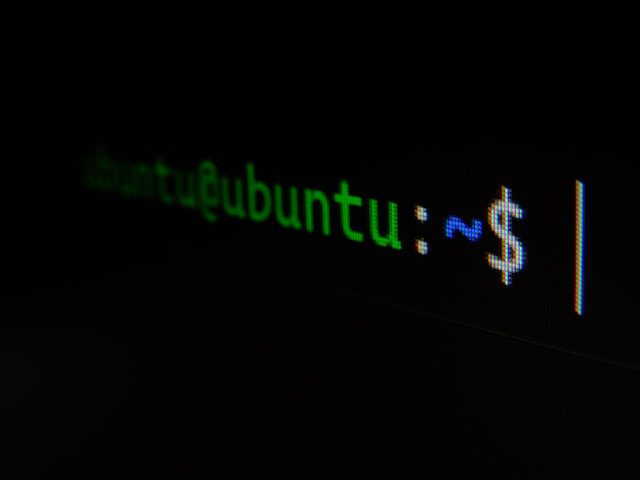
In the intricate web of modern computing, the Linux kernel stands as a foundational element, powering systems worldwide. However, even the most robust structures have the weakness. Recently, two vulnerabilities were found in the Linux kernel that pose significant security threats: CVE-2024-0562 and CVE-2024-0565.

CVE-2024-0562: Linux Kernel information disclosure
Classified with a CVSS score of 7.8, CVE-2024-0562 is an information disclosure vulnerability with potential consequences that cannot be underestimated. This use-after-free flaw lurks in the shadows of the Linux kernel. It emerges when a disk is removed, and the `bdi_unregister` function is called to cease write-back operations, waiting for the completion of associated delayed work.
The plot thickens when `wb_inode_writeback_end()` schedules bandwidth estimation work after the completion, leading to the timer attempting to access the recently freed `bdi_writeback`. An attacker, armed with a specially crafted request, could exploit this vulnerability to access this recently freed data. Such information could be a treasure trove, paving the way for more insidious attacks on the system. Linux kernel 6.0-rc3 has patched this flaw.
CVE-2024-0565: Linux Kernel code execution
On another front, CVE-2024-0565, with a CVSS score of 7.1, poses a threat of arbitrary code execution or denial of service conditions. This flaw is an out-of-bounds memory read issue residing in `receive_encrypted_standard` in `fs/smb/client/smb2ops.c` within the SMB Client sub-component of the Linux Kernel.
The vulnerability is a product of an integer underflow on the `memcpy` length. An attacker, by transmitting a maliciously crafted request, can exploit this flaw. The potential outcomes range from executing arbitrary code to bringing the system to its knees through a denial of service. Linux kernel 6.7-rc6 has patched this flaw.
Patch your Linux system
These vulnerabilities serve as a clarion call for vigilance and proactive measures. System administrators and users must stay abreast of kernel updates and patches. Regularly updating your Linux systems and applying the latest security patches are the first lines of defense against these lurking threats.